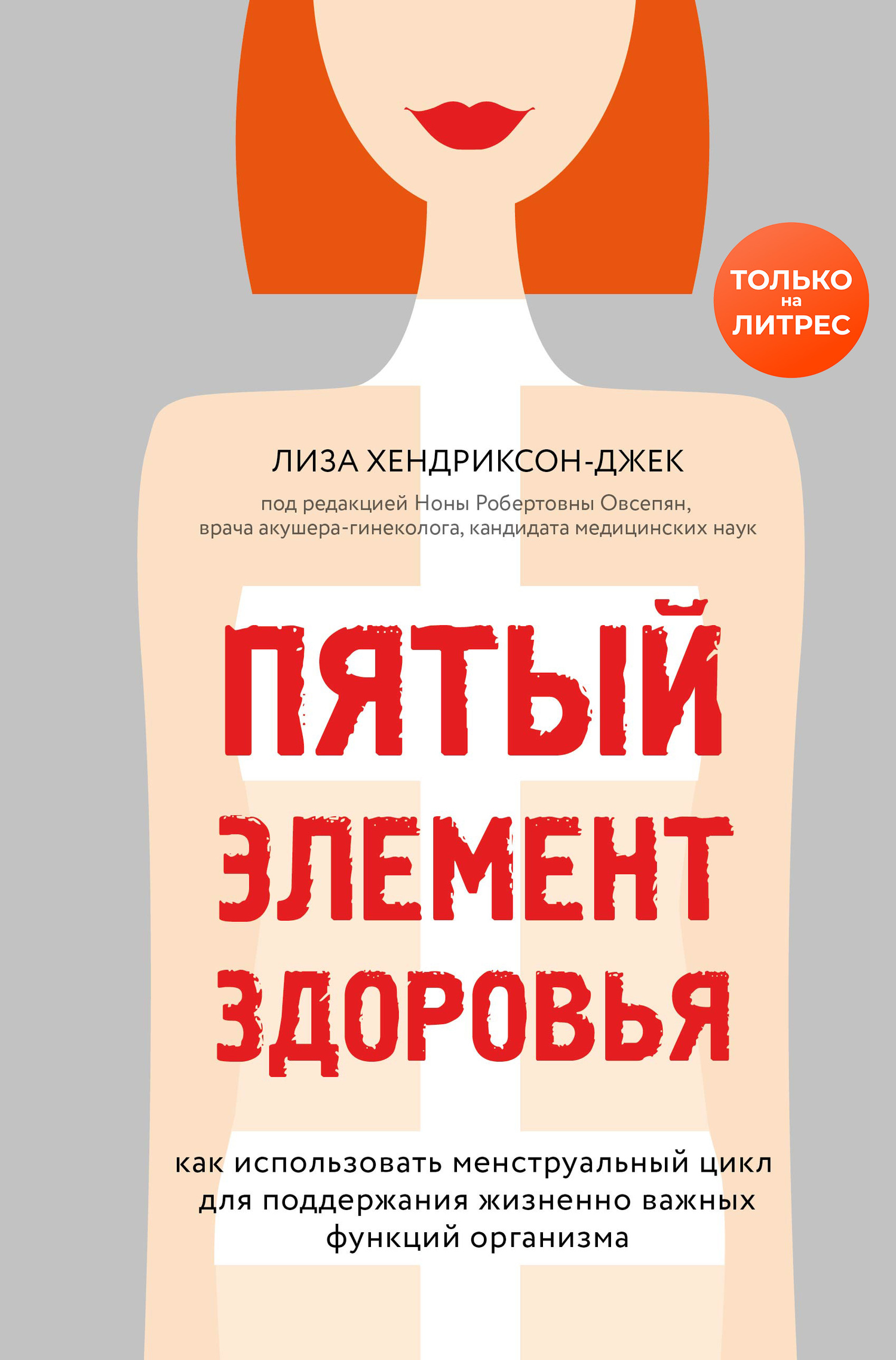Шрифт:
Закладка:
Каждый, даже не являясь врачом, знает, что пульс, температура тела, дыхание и давление дают почти исчерпывающую информацию о состоянии организма.«Почти» – потому что у женщин есть пятый показатель здоровья, на который, к сожалению, все еще мало кто обращает внимание, – это менструальный цикл. Короткий или длинный, регулярный или непредсказуемый – цикл может быть очень разным, и каждый его параметр, каждое изменение служат индикатором той или иной проблемы в организме. Планируете вы беременность или нет, овуляция имеет значение для поддержания здоровья.Автор этой книги расскажет, что именно влияет на состояние менструального цикла, и научит вас составлять его график для максимально точного и удобного отслеживания различных изменений и контроля здоровья.





